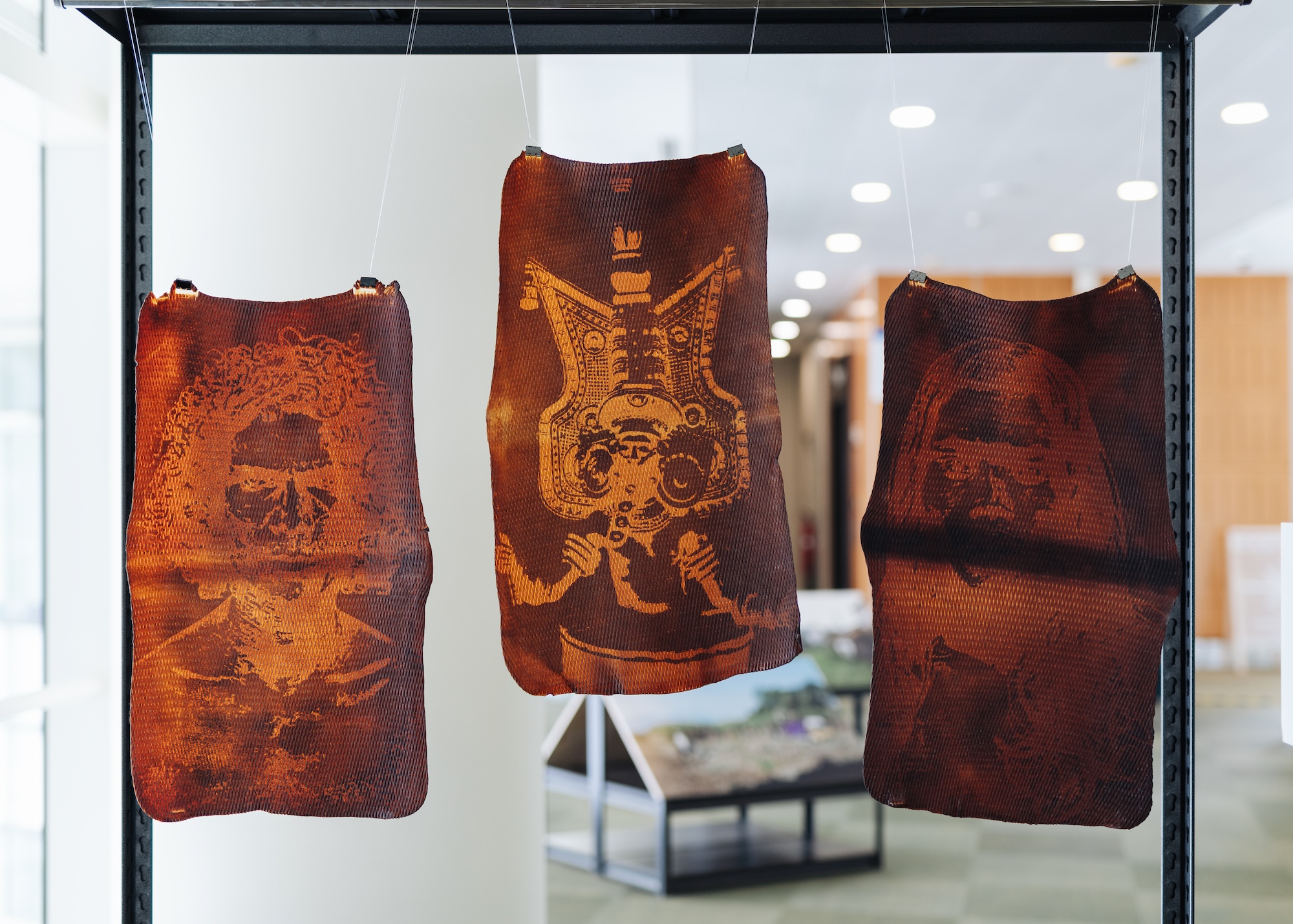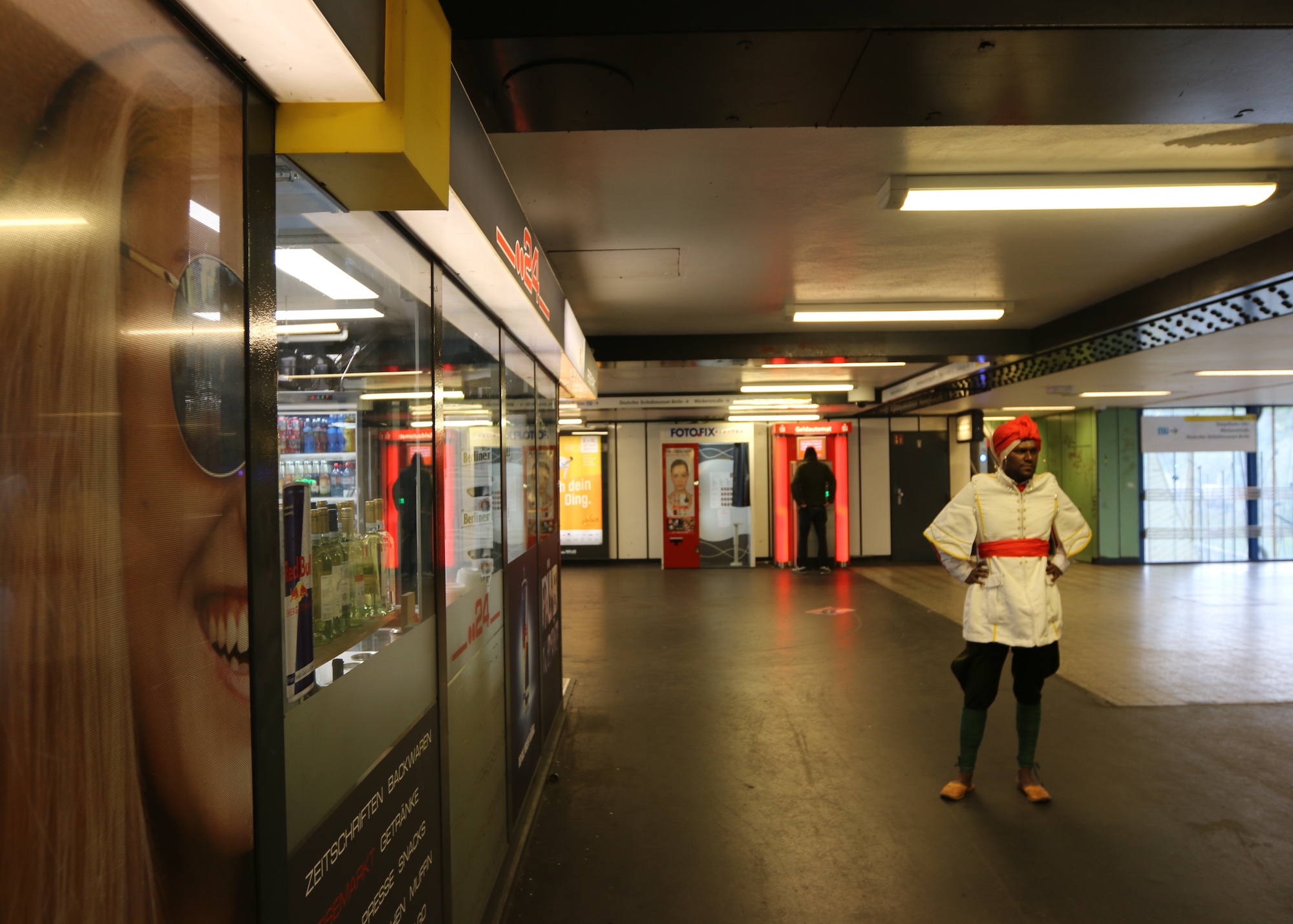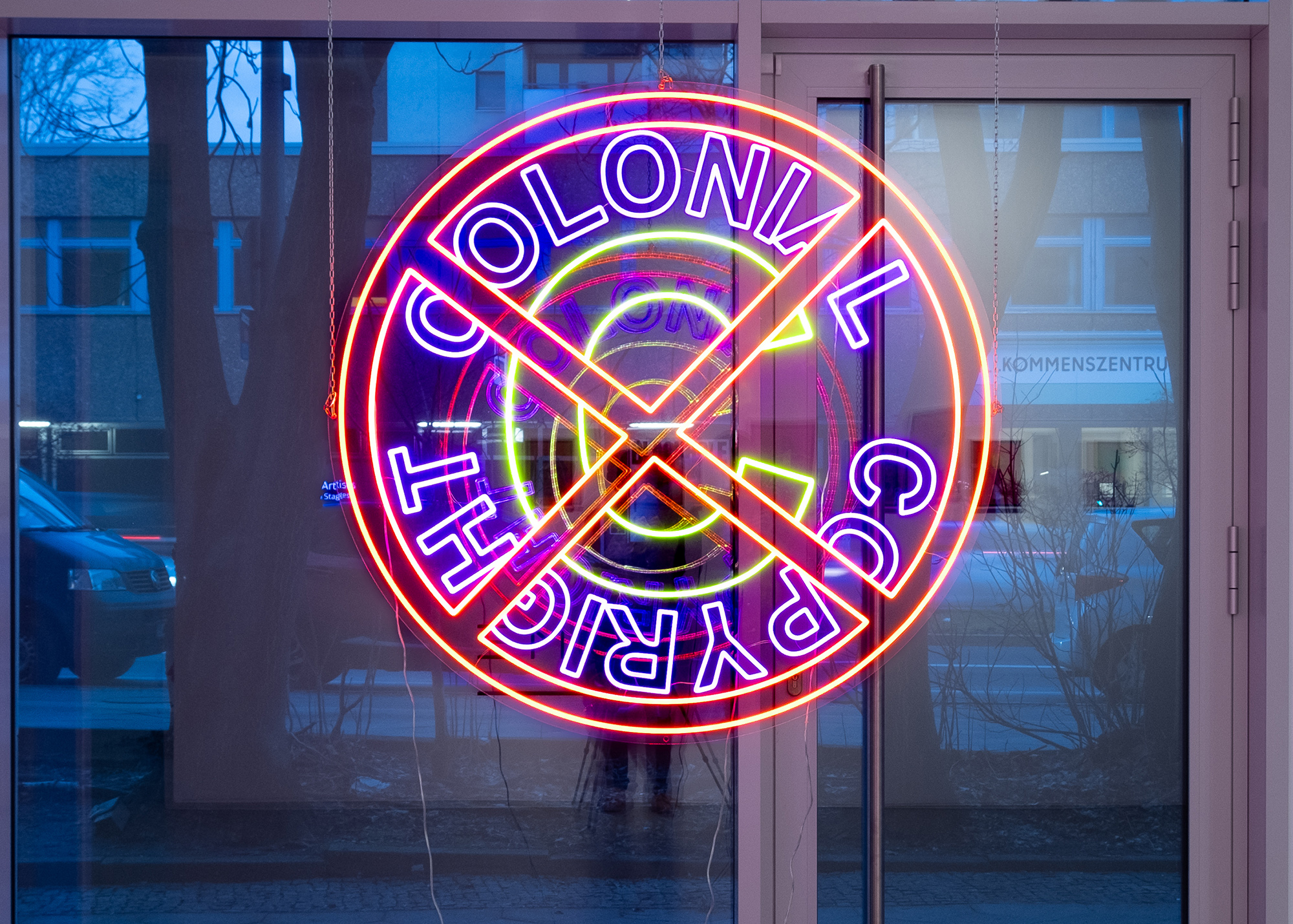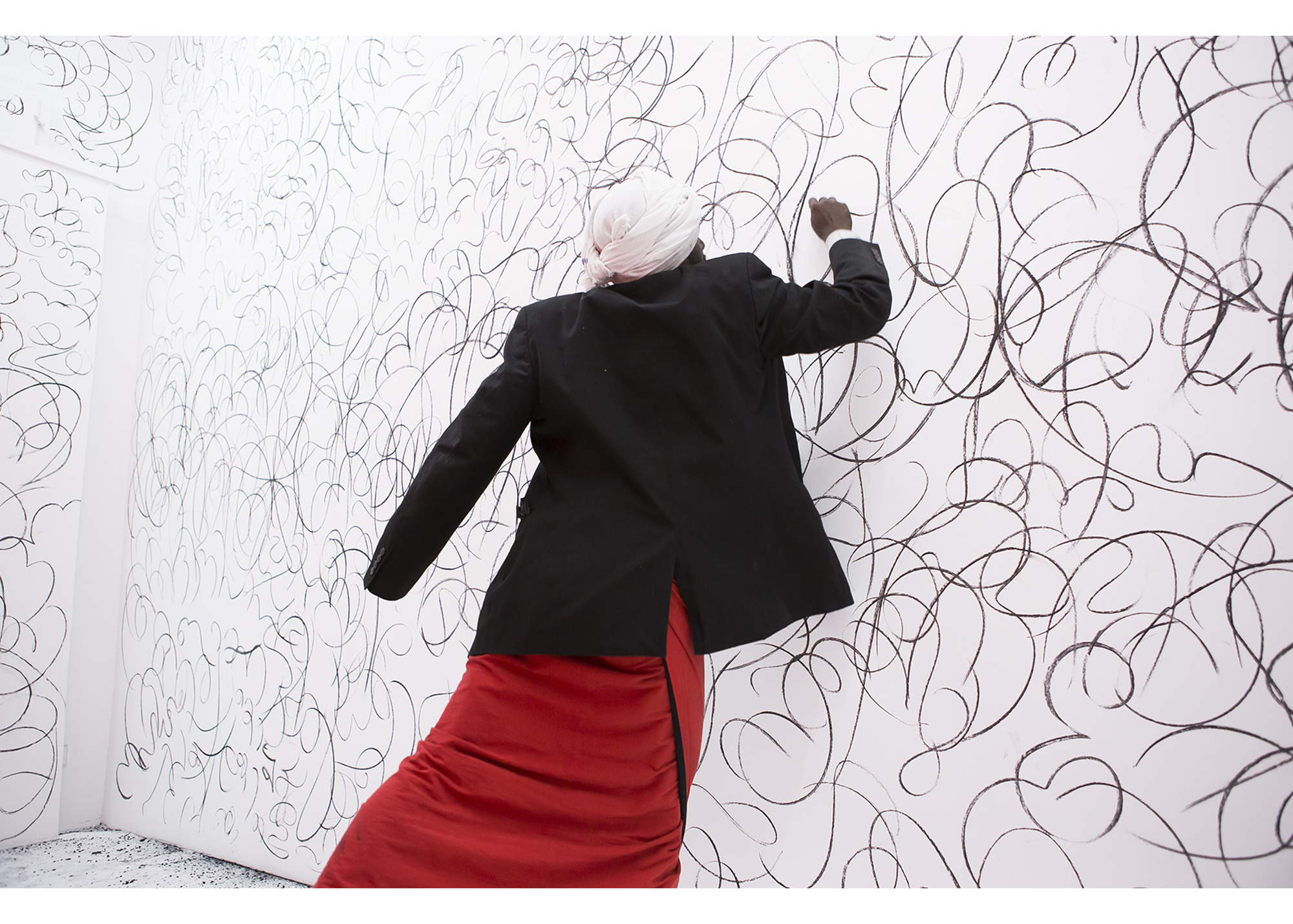b. 1981, Kunnoth, India
Sajan Mani is an interdisciplinary artist hailing from a family of rubber tappers in a remote village in the northern part of Keralam, South India. His work voices marginalised and oppressed communities of India, particularly through the lens of his own identity as “Black Dalit”. Mani’s practice confronts themes of caste, colonialism, and ecological issues, utilising mediums such as performance, drawing, and video installations.
Mani’s work insists on embodied presence, confronting inherited pain, shame, fear, and power. In his practice, the body becomes a socio-political metaphor where the personal and political collide, a conduit between past and present, myth and memory. Elements such as water recur in his performances, evoking Kerala’s backwaters while reflecting on ecological degradation and migratory flows. In Unlearning Lessons from my Father (2018), supported by the Asia Art Archive, Mani weaves his family history into colonial botanic legacies, exploring how plant life, labor, and knowledge systems were marked by imperial power. Recent works extend this inquiry into the kinship between humans and animals, and the politics of spatial occupation viewed through an indigenous cosmological lens.
Mani has participated in international biennales, festivals, exhibitions and residencies, including CODA Oslo International Dance Festival, Norway; Ord & Bild, Sweden; Haus der Kunst, Munich; Dhaka Art Summit, Bangladesh; Kampala Art Biennale, Uganda; Kolkata International Performance Arts Festival; and Vancouver Biennale, Canada. In 2021 he was awarded the Berlin Kunstpreis for Visual Art.



